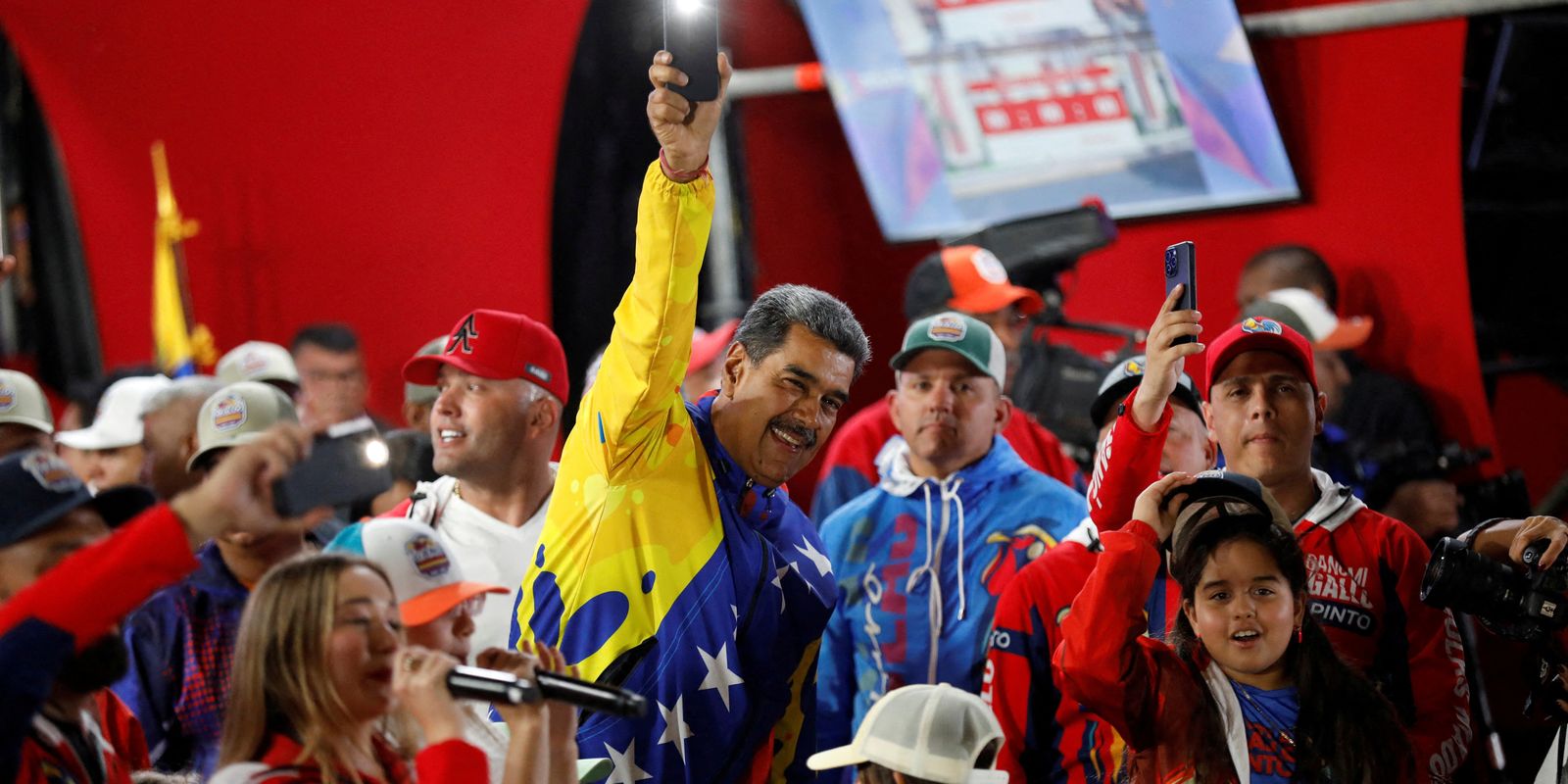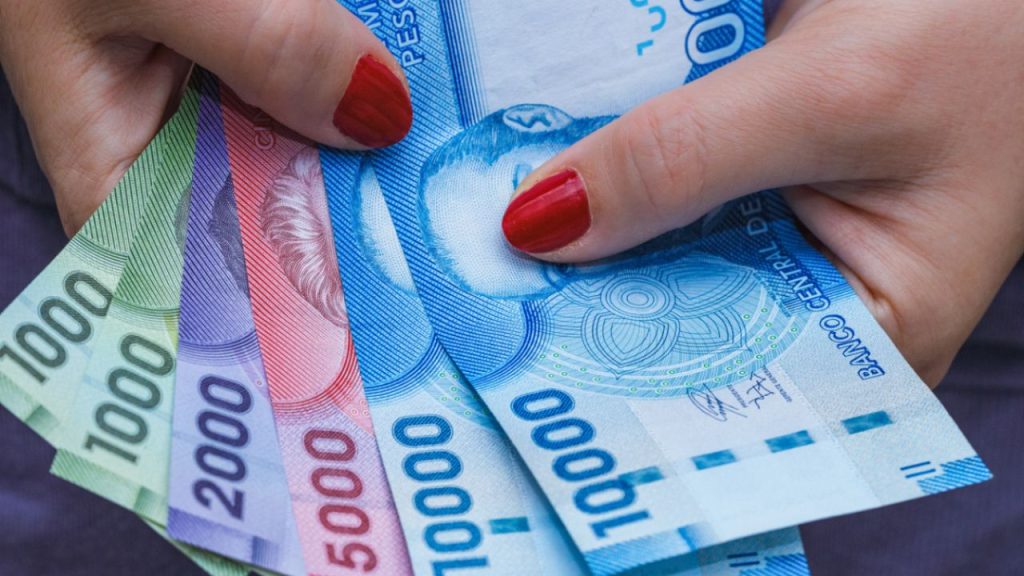Venezuela’s Supreme Court of Justice (TSJ) issued, this Thursday (22), the definitive decision on the presidential election of July 28 and ratified the victory of President Nicolas Maduro for the term from 2025 to 2031.
“The expert electoral material has been irrevocably certified and this Chamber validates the results of the election of July 28, 2024 issued by the National Electoral Council (CNE), which resulted in the election of citizen Nicolás Maduro Moros as president,” said the president of the Court, Caryslia Rodríguez, adding that there is no appeal against the decision.
The TSJ Electoral Chamber also determined that the council publish “the definitive results” of the election in Official Gazette of the country. In addition, the Court certified that the Electoral Power was the victim of a cyber attack, which would have prevented the institution from working.
The decision cited article 155 of the country’s Organic Law on Electoral Processes. The provision states that the CNE must publish the data in the Official Gazette within 30 days after the candidate is declared. Therefore, the CNE must publish the data by August 30. In previous elections, the Electoral Authority published the data on its website a few hours or days after the winner was declared.
The non-publication of the data has raised questions about the announced result inside and outside Venezuela as it does not allow for the confirmation of votes from each of the more than 30,000 ballot boxes.
The president of the TSJ also read an excerpt from the report by national and international experts who analyzed the electoral documents at the request of the Court, including the Council of Electoral Experts of Latin America (Ceela) and the Observatory of Strategic Thought for Regional Integration.
“The bulletins issued by the CNE in relation to the 2024 presidential election are supported by the scrutiny acts issued by each of the voting machines in the electoral process and, furthermore, these minutes fully coincide with the records in the databases of the national tallying centers,” read magistrate Caryslia.
On Wednesday (21), a statement from opposition stated that it would not recognize the TSJ decisionstating that “any eventual ruling by the Electoral Chamber that could validate electoral fraud would be ineffective and null” and says that, by doing so, the TSJ magistrates would be “violating the inalienable rights of voters and would incur criminal, civil and administrative liability”.
The president of the Supreme Court, Caryslia Rodríguez, also said that the decision should be added to the investigation against those responsible for the opposition website where alleged minutes indicating the victory of the opponent Edmundo were published.
The MP opened this investigation into alleged “usurpation of the CNE’s functions”, as well as “falsification of public documents” and “conspiracy”. The government accuses the opposition of promoting a attempted coup d’état with the participation of the United States (US).
Brazil, Mexico and USA
Before announcing the decision, the president of the TSJ, Caryslia Rodríguez, reinforced the competence of the country’s Supreme Court to resolve impasses over electoral results, citing article 297 of the Bolivarian Constitution of Venezuela.
She also cited the Brazilian election of October 2022, the Mexican election this year and the US election of 2000, when George W. Bush was elected, as examples of lawsuits that ended up in court due to various controversies.
“Such precedents make it clear that, given the existence of controversies arising in presidential elections, the Courts of Justice with jurisdiction over electoral matters constitute the last instance in the world for their resolution as guarantees of the rule of law and constitutional democracy”, he argued.
Minutes of opposition
Judge Caryslia Rodríguez also highlighted that five of the 38 parties summoned to carry out the electoral examination did not submit the requested electoral material, as did candidate Edmundo González, who did not appear before the TSJ. “He disrespected the judicial authority, demonstrating his renunciation of the constitutional order, conduct that entails the sanctions provided for in the legal system,” she said.
Regarding the electoral records not submitted by some opposition parties, Caryslia said that the representatives argued that “they did not have any type of documentation relating to this electoral process. They stated that they did not have the records of the scrutiny of the witnesses at the polling stations nor the list of witnesses”.
The secretary general of the Movimento Por Venezuela party, Simón Calzadilla, said that he did not hand over the minutes because they are documents that should be used by the parties to question the results issued by the CNE, which cannot yet be done because the Electoral Power has not made the data available by table.
“The STJ intends to strip political parties and candidates of the only evidence that proves and with which they can verify the election results. We are here in a situation of intervention and a process of concealment with the institutional contribution of the Executive Branch, the Judiciary Branch and the Electoral Branch,” Calzadilla denounced, in an interview with Venezuela’s Union Radio last week.















